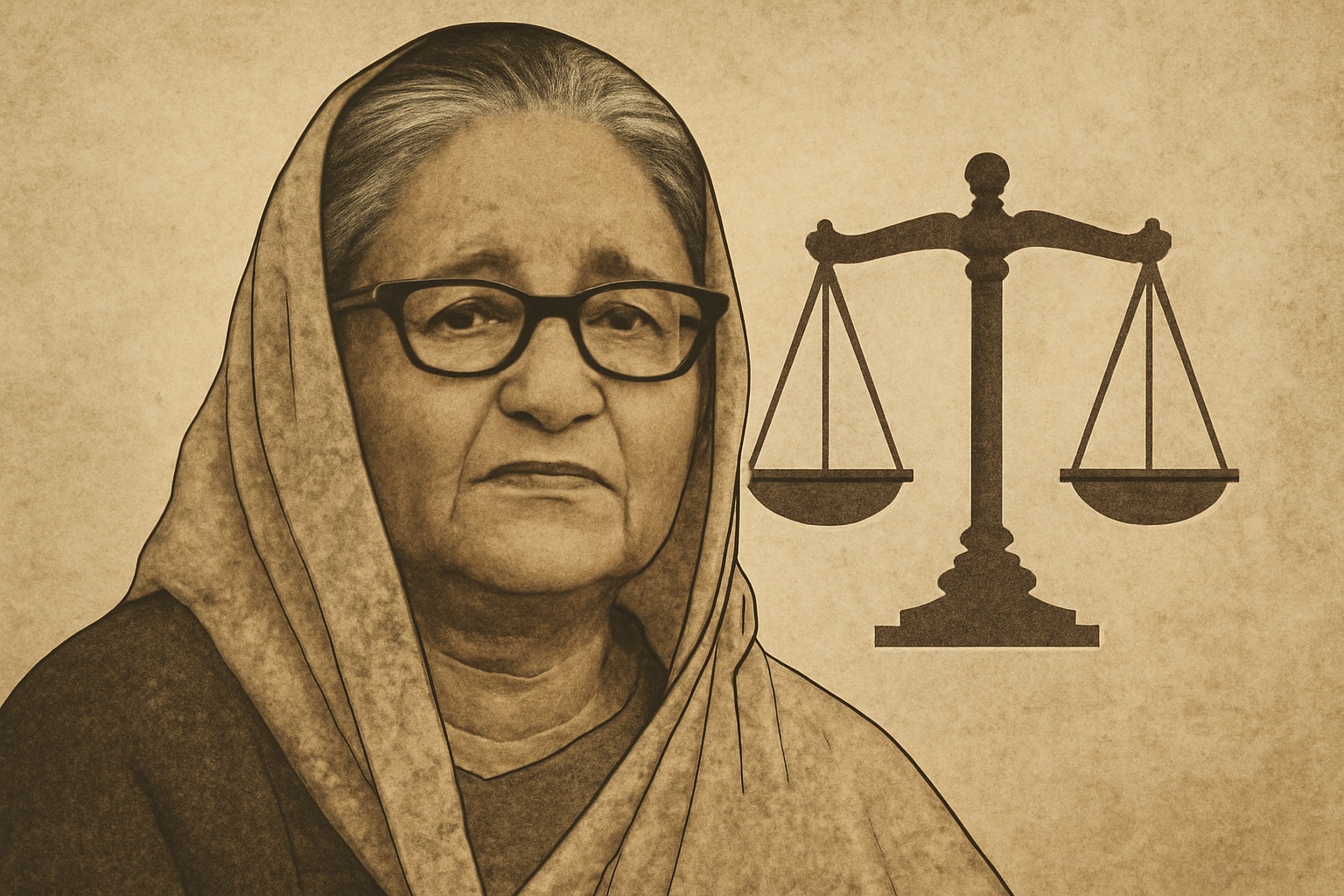The interim government has condemned the broadcast and promotion of an audio message by deposed prime minister Sheikh Hasina – a convicted criminal in cases of genocide and crimes against humanity – in violation of the country’s Anti-Terrorism Act of 2009.
In a statement released Friday, the government expressed regret over several media outlets airing the speech of the deposed autocrat, which contained false and provocative statements, despite a court order prohibiting such broadcasts.
The International Crimes Tribunal (ICT) had previously banned the broadcast of hate speech by the former dictator in December last year.
Issuing a warning against media personnel involved in the illegal dissemination of this content, the government emphasised that immediate legal action will be taken against any future broadcasts of Sheikh Hasina’s speeches.
The statement stressed that, at this critical moment in the nation’s history, the risk of unnecessary confusion and disruption cannot be allowed.
It is important to note that Sheikh Hasina fled Bangladesh after being accused of ordering the massacre of hundreds of peaceful protesters during the July Uprising. She has been convicted by the International Crimes Tribunal and is currently under trial for crimes against humanity.
Besides, in accordance with Bangladesh’s laws, the activities of the Awami League have been banned, and any individual or organization promoting or broadcasting her speeches or activities is liable to legal consequences under the Anti-Terrorism Act of 2009.
Under the leadership of Chief Adviser Muhammad Yunus, the interim government is working to steer Bangladesh towards a future based on justice, accountability, and democratic integrity. For the first time in generations, the people of Bangladesh are preparing for truly free and fair elections.
The interim government has called on media outlets to exercise caution and responsibility in broadcasting Sheikh Hasina’s audio or speeches, which are intended to incite instability and violence within Bangladesh.
The statement reiterated that such content poses a threat to the country’s democratic progress and risks creating public confusion. Media outlets that violate these restrictions will be held legally accountable under Bangladesh’s laws.


